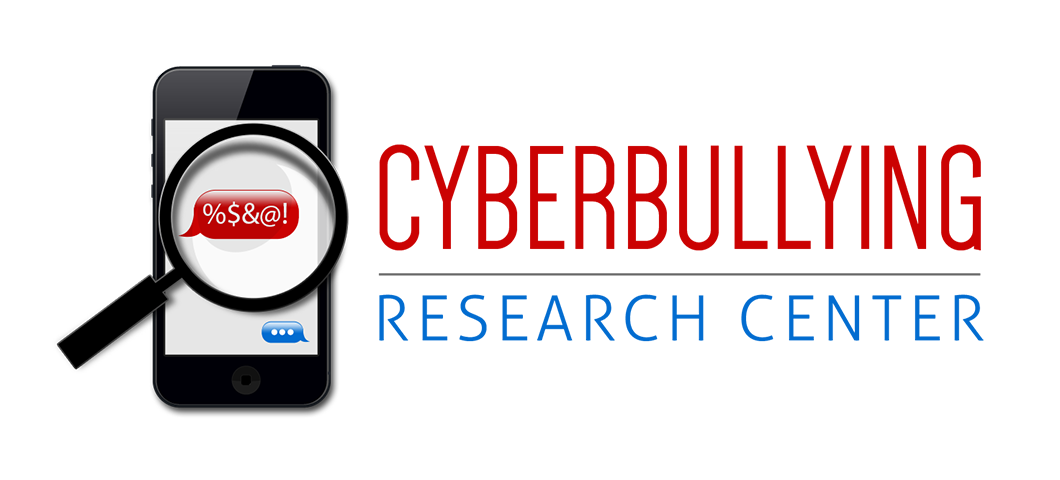
Florida’s Governor Charlie Crist has just signed into law the “Jeffrey Johnston Stand Up for All Students Act.” This is due mostly to the efforts of our friend Debbie Johnston from Cape Coral, Florida, a first-grade schoolteacher whose son Jeffrey took his life after being bullied and cyberbullied.
This law:
– requires districts to adopt policy prohibiting bullying & harassment, and to specify procedures for reporting, investigating, notifying, referring, and collecting data on incidents
– provides a measure of immunity for school districts in their investigation and response
– provides restrictions with respect to defense of action & application of provisions (which basically means that victims who defend themselves by fighting back won’t also be punished)
-makes DOE Safe Schools Funds conditional on compliance (which means that these anti-bullying and anti-cyberbullying policies must be in place in order for the school district to keep receiving federal funds)
The law also states: “The physical location or time of access of a computer-related incident cannot be raised as a defense in any disciplinary action initiated under this section.” IANAL, but from my understanding this means that a perpetrator cannot point to the fact that the bullying took place via an electronic device as a justification to temper or qualify the severity of the behavior.
Congratulations, Debbie. We share your joy with this outcome.








For some time now, bullying among teenagers has been a major problem for educators, parents, policy makers, and victims to deal with. However, with the turn of the century and the increased use of the internet, bullying has gone past traditional places. The act of bullying is no longer limited to real world locations, now many teens have turned to the internet and electronic devices to bully others. Several evolving legal issues arise from cyberbullying. Of primary concern is determining when school officials are responsible for addressing a cyberbullying act considering it may not take place on school grounds. Teachers, parents, policy makers and administrators must be educated about how adolescents use the internet and electronic devices to bully and harass others. Several court findings regarding this latest form of bullying have laid the groundwork for several states to pass legislation related to cyberbullying.
On April 2008, the Florida Legislature enacted anti-bullying laws, including cyber-bullying. This law also known as “Jeffrey Johnston Stand Up for All Students Act”, is named after Jeffrey Johnston, a 15-year old boy whom was bullied both in traditionally and on the internet. After being subjected to bullying for two years, Jeffrey committed suicide. This law prohibits the bullying or harassment of any kind of public K-12 students and employees. Additionally, public schools are required to adopt measures to protect students and employees from bullying or harassment. Those that also induce or coerce someone to bully or harass can also be penalized by this law.